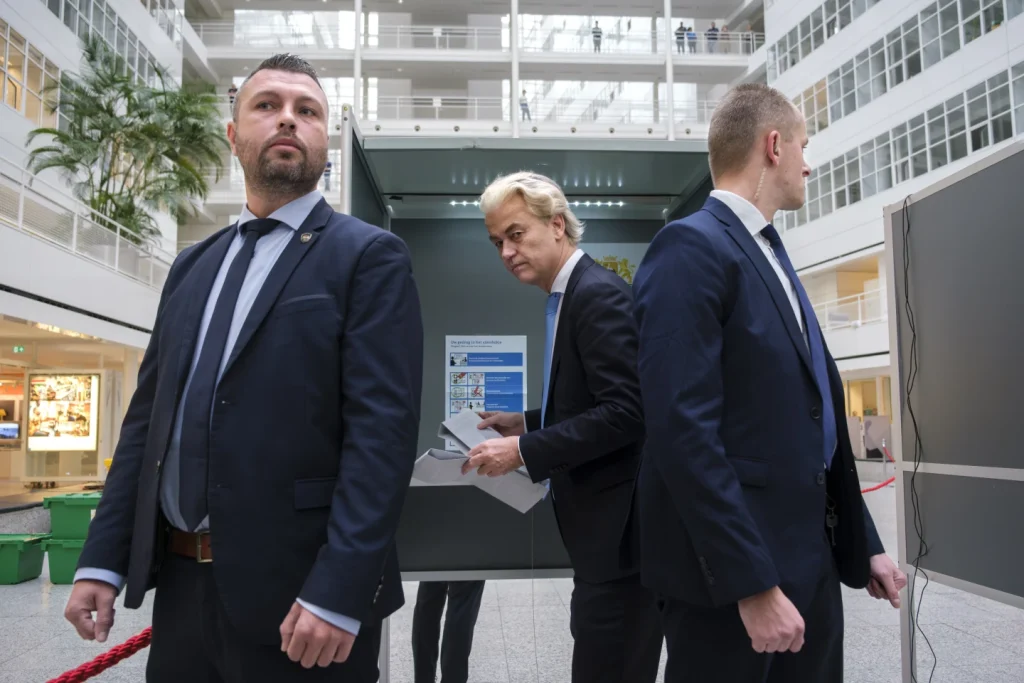The tranquil village of Sint Willebrord in the Netherlands, with its picturesque surroundings and a sense of community, seemingly embodies the spirit of inclusivity and openness.
However, recent political developments in this idyllic setting have brought to light a disquieting trend—a surge in right-wing sentiments driven by economic and cultural apprehensions.
This phenomenon is not confined to Sint Willebrord alone; it reflects a broader shift towards conservative ideologies across Europe, with potential implications for the upcoming European Union parliamentary election.
This essay aims to delve into the complex interplay of factors fueling this political shift, its impact on societal attitudes, and the potential ramifications for the future of the continent.
The rise of right-wing politics in Sint Willebrord and beyond is intrinsically linked to a climate of economic and cultural uncertainty.
The fears surrounding immigration, particularly in the context of a perceived threat to traditional values and national identity, have been instrumental in shaping public opinion.
Despite the relatively low immigrant population in Sint Willebrord, the overwhelming support for the anti-migrant, anti-Muslim Party for Freedom underscores the depth of these anxieties.
Geert Wilders, the party’s outspoken leader, has capitalized on these sentiments, advocating for stringent measures against immigration and Islamic cultural symbols.
Such rhetoric, resonating with a significant portion of the electorate, has propelled right-wing parties to the forefront of the political landscape.
The resurgence of right-wing politics in the Netherlands is not an isolated occurrence. It mirrors a broader trend across Europe, where leaders espousing similar ideologies are gaining traction.
The implications of this trend extend beyond national borders, with the potential to significantly influence the dynamics of the European Union parliamentary election.
The growing support for leaders who advocate immigration restrictions and, in some cases, curtailment of democratic freedoms, poses a formidable challenge to the traditional ethos of the European Union.
This shift has prompted concerns among experts regarding the potential reshaping of the continent’s political landscape, with far-reaching consequences.
The ascendancy of right-wing politics in Europe raises fundamental questions about the preservation of democratic values.
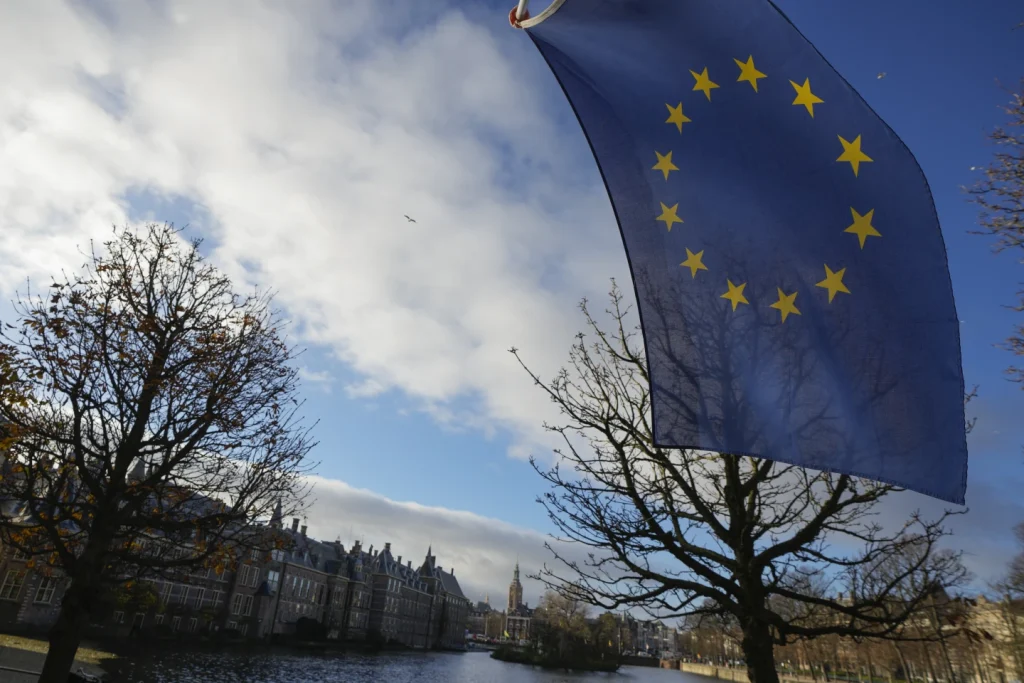
The rhetoric espoused by these leaders, often characterized by xenophobia and intolerance, has sparked debates about the erosion of fundamental rights, including freedom of religion, expression, and assembly.
The very essence of European democracy, built on principles of pluralism and inclusivity, faces a formidable test in the face of these ideological currents.
The implications for the future of democratic governance in Europe are profound, with the potential for a paradigm shift in the region’s political dynamics.
The contemporary political landscape in Sint Willebrord and Europe at large offers a sobering reflection of societal anxieties and their impact on the trajectory of governance.
The surge of right-wing politics, driven by concerns about immigration and cultural change, has reverberated across the continent, challenging established norms and values.
As the European Union parliamentary election looms, the outcomes are poised to reflect the evolving sentiments of the electorate, with potential ramifications for the future of the union.
The imperative to address these societal shifts and their political implications is paramount, as Europe navigates a pivotal juncture in its history.
In conclusion, the rise of right-wing politics in Europe demands a nuanced understanding of the underlying factors and a concerted effort to safeguard the principles of democracy and pluralism.
The stakes are high, and the need for informed discourse and proactive engagement has never been more pressing.
In June, the European Union (EU) member states will witness a pivotal moment as voters head to the polls to elect their next Parliament for a five-year term.
However, the impending elections are shrouded in the specter of far-right parties gaining increased influence and seats within the EU Parliament.
This surge in far-right traction is poised to reshape the EU’s policies, impacting a wide array of critical issues, ranging from civil rights to gender equality and immigration.
The rise of these parties has not only stirred concerns about the integrity of democratic processes but has also underscored the deep-seated socio-economic grievances within various European nations.
The Netherlands, long regarded as a bastion of progressive ideals, has witnessed a significant shift in its political landscape.
The sentiment of “settling scores with old politics,” as articulated by Rem Korteweg, a senior research fellow at the Clingendael think tank, has laid the groundwork for the ascendance of voices such as Wilders.
The emergence of Wilders and his party symbolizes a broader trend of disillusionment with traditional political establishments and a growing appetite for disruptive alternatives.
Moreover, the Netherlands’ experience reflects a broader European trend—where economic disenchantment and anti-migration sentiments have coalesced to bolster the influence of radical right-wing parties.
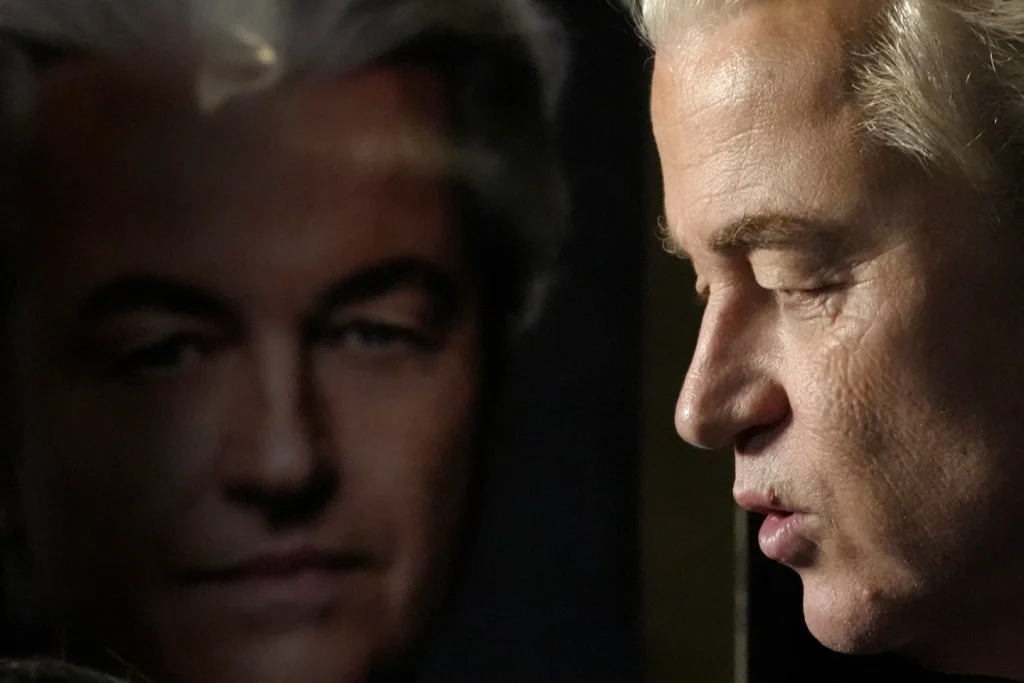
The confluence of these factors has not only propelled these parties into positions of power but has also sown seeds of discord, challenging the very foundations of democracy in certain nations.
The economic undercurrents driving the surge of far-right ideologies are multifaceted. Over the past quarter-century, the Dutch populace has grappled with a palpable erosion of social welfare benefits, despite enduring high levels of taxation.
This erosion has left citizens disillusioned, feeling as though they are being forced to seek solace in radical alternatives.
The sentiments of individuals like Walter de Jong, a former baker, who lamented the backward trajectory of living standards, underscore the pervasive disillusionment that has permeated Dutch society.
The economic malaise has been compounded by a surge in immigration, particularly from countries such as Ukraine, Syria, and Turkey.
The influx of migrants has coincided with a cost-of-living crisis, exacerbating inequality and pushing some middle-class families into poverty.
The housing market, in particular, has become a focal point of contention, with rising property prices outpacing earnings, further stoking resentment among the populace.
This economic strain has provided fertile ground for the propagation of anti-migration narratives, often tinged with xenophobic undertones.
The rise of far-right parties has been accompanied by the propagation of divisive rhetoric, often scapegoating immigrants for the nation’s economic woes.
This narrative, as exemplified by Wilders, has sought to link immigration to housing shortages and economic disparities, despite evidence to the contrary.
Such messaging has not only fanned the flames of division but has also perpetuated racist undertones, further polarizing society.
The surge of far-right parties has not only reshaped the political landscape but has also strained the fabric of European democracies.
Instances of democratic backsliding, as observed in nations like Hungary and Serbia, have raised alarm bells, with ruling parties accused of capturing key institutions and curtailing democratic freedoms.
The EU’s punitive measures against Hungary and Poland stand as a testament to the severity of the challenges facing European democracies.
The impending EU elections underscore a pivotal moment in European politics, characterized by the ascendancy of far-right parties and the confluence of economic discontent and anti-migration sentiments.
The Netherlands’ experience serves as a microcosm of these broader trends, shedding light on the complex interplay between economic grievances, immigration, and the rise of radical ideologies.
As Europe stands at a crossroads, it is imperative to address these underlying socio-economic challenges and counter divisive narratives, safeguarding the integrity of democratic institutions and fostering inclusive, equitable societies.
In the contemporary political landscape of Europe, the rise of populist movements has presented a formidable challenge to the traditional parties of the center-right and center-left.
The dilemma of whether to shun or embrace populism has sparked intense debate and raised crucial questions about the future direction of European politics.
Historically, mainstream political parties have viewed populist movements with suspicion, often likening them to dangerous forces that threaten the stability of established political systems.
The strategy of maintaining a “cordon sanitaire,” or a protective barrier against these populist entities, was commonly employed to prevent their influence from permeating mainstream politics.
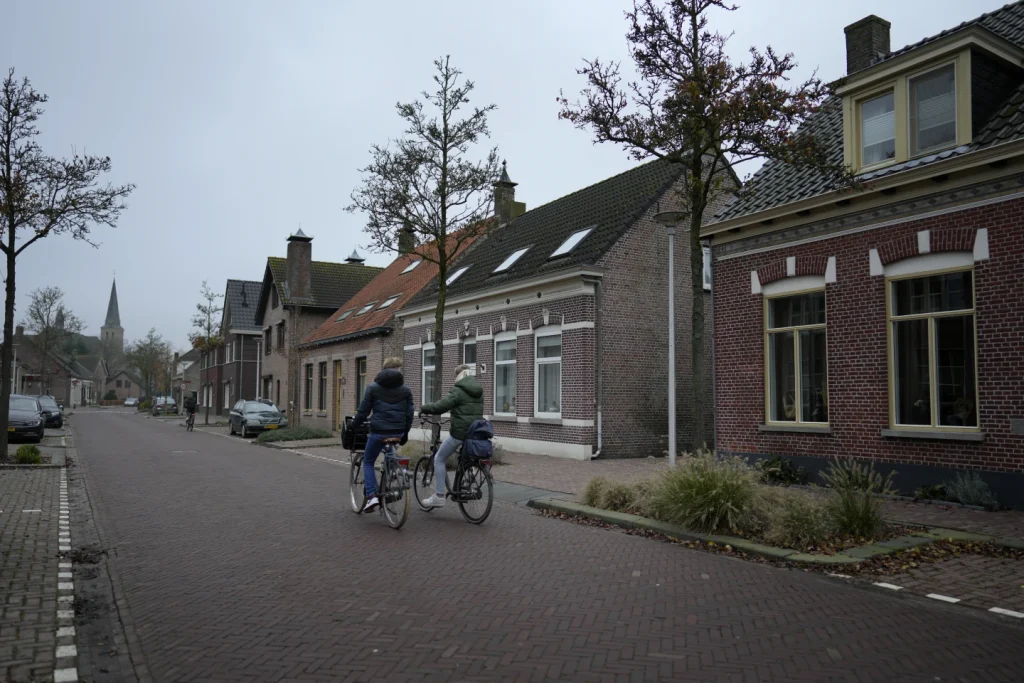
This approach was particularly evident in the isolation of far-right nationalist parties in countries such as Belgium and France, where the Front National, under the leadership of Jean-Marie Le Pen, was kept at arm’s length.
However, the dynamics of European politics have undergone a significant shift, as exemplified by the transformation of the Front National into the National Rally under Marine Le Pen.
The once ostracized party has been gradually embraced by elements of mainstream society, leading to concerns about the normalization of far-right ideologies.
The use of the term “salonfähig,” with its historical connotations of the Nazis’ ascent to power, underscores the apprehension surrounding the integration of previously marginalized political forces into the political mainstream.
The Netherlands has also witnessed a similar evolution, with the unthinkable prospect of forming a majority coalition with Wilders’ party becoming a topic of consideration.
The 2015 migration crisis in Europe served as a catalyst for the resurgence of far-right politics, amplifying the resonance of anti-immigrant rhetoric and reshaping the political landscape.
The collapse of Mark Rutte’s majority coalition over immigration issues further underscored the shifting tides of public sentiment, with the potential for far-right parties to assume significant roles in governing coalitions.
The willingness of mainstream parties to engage in dialogue with far-right counterparts has raised fundamental questions about the future trajectory of European politics.
The prospect of accommodating populist agendas in governance has sparked both intrigue and skepticism, with concerns about the potential normalization of extremist ideologies.
The notion of temporarily shelving abrasive points, as articulated by Wilders, has evoked skepticism from political rivals, who caution against the reemergence of radical ideologies once the political climate shifts.
Looking ahead to the EU Parliament elections, the developments in countries like the Netherlands are viewed as potential indicators of broader trends within the European Union.
The possibility of the center veering towards the right, rather than pulling far-right parties towards the center, has prompted apprehension about the future balance of power within the EU.
The prospect of mainstream parties aligning with far-right elements has ignited debates about the potential consequences for the political landscape and the normalization of extreme ideologies.
As political analysts contemplate the implications of these developments, the overarching concern revolves around the potential normalization of far-right parties within the political mainstream.
While such coalitions may mitigate the radical edges of populist movements, the normalization of their ideologies poses a substantial risk to the fabric of European politics.
The delicate balance between engagement and resistance to populism remains a pivotal issue, with far-reaching implications for the future of European governance.
In conclusion, the dilemma of whether to shun or embrace populism has thrust European politics into a complex and nuanced predicament.
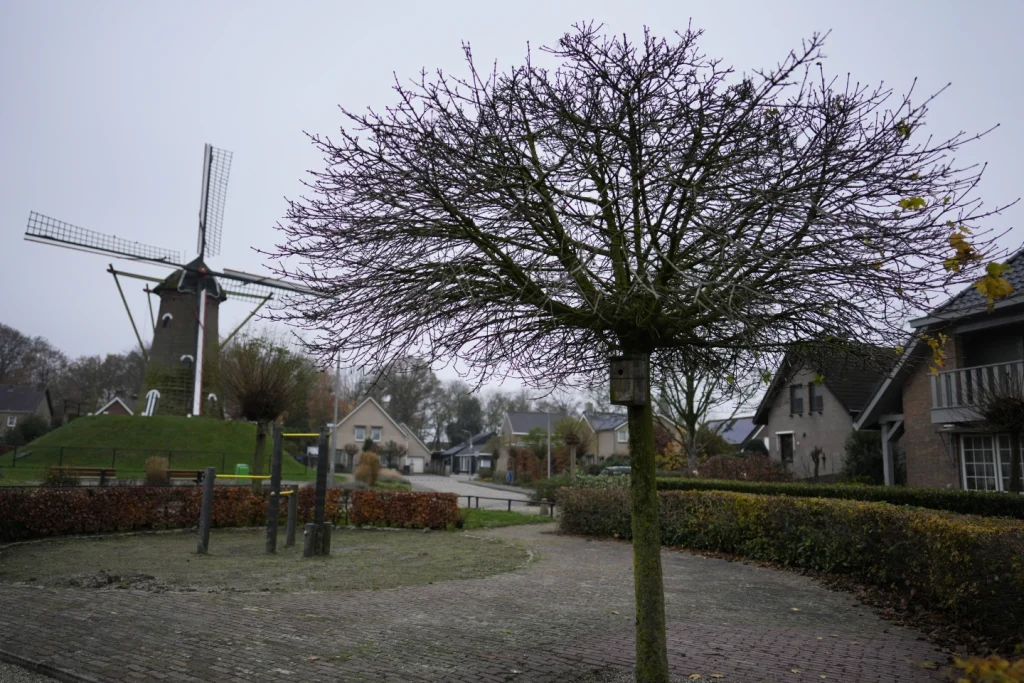
The evolving dynamics of mainstream parties’ engagement with far-right movements have sparked profound apprehensions about the normalization of extremist ideologies.
The future trajectory of European politics hinges on the delicate equilibrium between accommodating populist agendas and safeguarding the fundamental values of democracy and pluralism.
As Europe navigates this critical juncture, the decisions made by mainstream parties will undoubtedly shape the contours of European governance for years to come.
